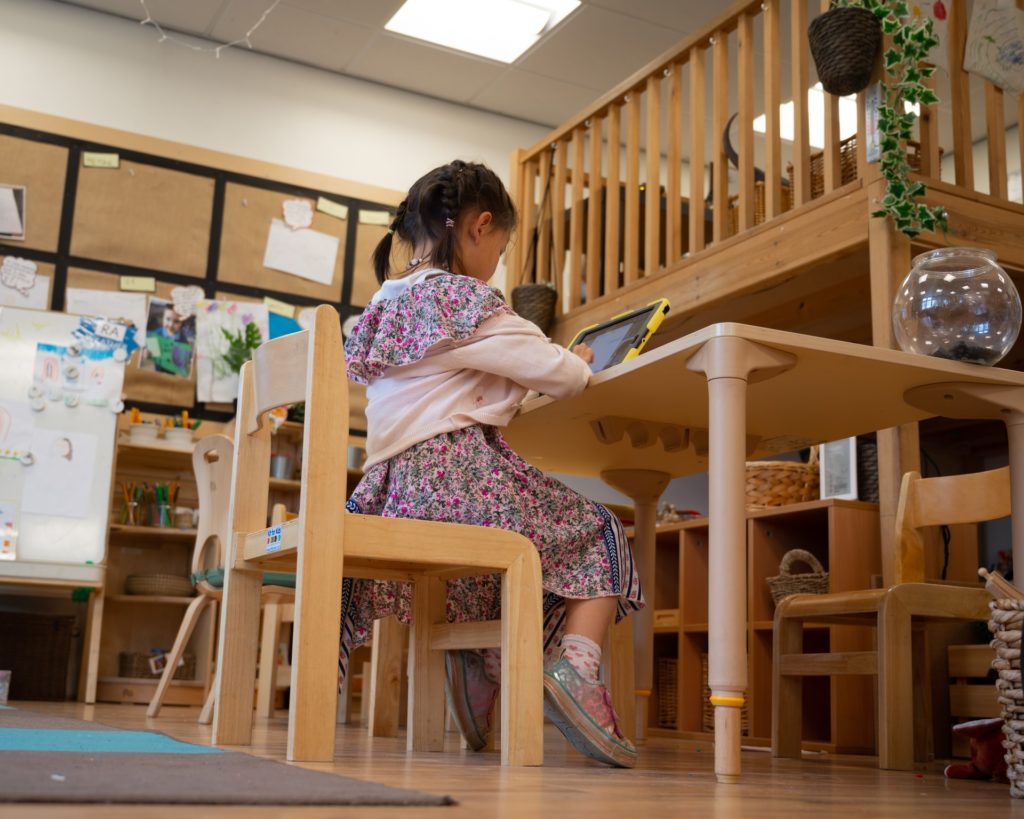President Cyril Ramaphosa’s 4IR commission released a statement this week explaining that in 2015, the Department of Basic Education began a process that sought to align the current Basic Education System with the needs of the fourth industrial revolution (4IR).
According to the World Economic Forum (WEF), 65% of children entering primary school today will ultimately end working in novel job types that do not exist yet.
“In such a rapidly evolving employment landscape, the ability to anticipate and prepare for future skills requirements, job content and the aggregate effect on employment is increasingly critical for businesses, governments and individuals in order to fully seize the opportunities presented by these trends—and to mitigate undesirable outcomes,” says the Forum.
At present, South Africa’s education system and its current curriculum does not equip learners with the requisite skills or education for the 4IR, according to Business Tech.
This is why schools are being transformed, with technology being prioritised. This new focus will produce students that are better prepared for a working world that is expected to rely heavily on areas like coding and artificial intelligence.
The 4IR commission consists of 33 experts and 60 different groups. In the report it said:
“It may be said that although these competencies are embedded in our curriculum, as a country we are not seeing the results. This points to the problem potentially lying with the delivery and teaching of the curriculum as the point of breakdown.”
A lack of resources — human capital expertise, strategic capacity, financial resources — is one of the challenges facing the country. Inadequate training and re-orientation of educators is another, while a lack of direct connections to industry makes it difficult for school leavers to find employment.
The commission said that the department has introduced new technology-focused subjects, which includes robotics and coding, as a way to address these issues.
The commission also said that a new model for secondary school education is being developed. The model will attempt to offer learners a variety of academic, vocational and occupational options at the basic education level.
“In some ways this strategy makes the current role of the TVET colleges redundant, or at least requires the TVET system to operate at a higher qualification level to promote continuity from secondary to tertiary to the job market,” said the commission.
“There is also a danger in the implementation of the streaming option that the current inequalities in terms of the spread of skills will persist and in fact be exacerbated.”
The commission recommended changes to school subjects and tests.
Foundation skills (literacy, numeracy, digital literacy) and competency skills (creativity, critical thinking, problem-solving) are especially important if South Africa wants to adequately equip its youth with relevant 4IR skills, according to the commission.
The ideal age to teach children these skills is between the ages of 0 – 8 years, says the commission, meaning that any interventions should take place in the early childhood (ECD) and foundation phase of learning.
Arts, as a subject, must also be prioritised on the same level as maths and literacy, it said.
“This subject needs to be re-worked to include practical music-making and arts activities designed for cognitive development. Studies show that early exposure to music and art-based techniques improve abstract thinking and problem-solving ability, increase overall IQ and facilitate mathematics and literacy learning.”
“A further area of focus is the assessment systems which can no longer only test knowledge retention and memory but need to be able to assess application and interpretation of knowledge, as well as emotional intelligence and core competency skills,” said the commission.
In the new education system, students will focus on a combination of ‘hard and soft skills’, therefore the commission recommends that STEM should be replaced by STEAMIE (Science, Technology, Engineering, Arts, Mathematics, Innovation & Entrepreneurship) subjects.
Picture: Unsplash

